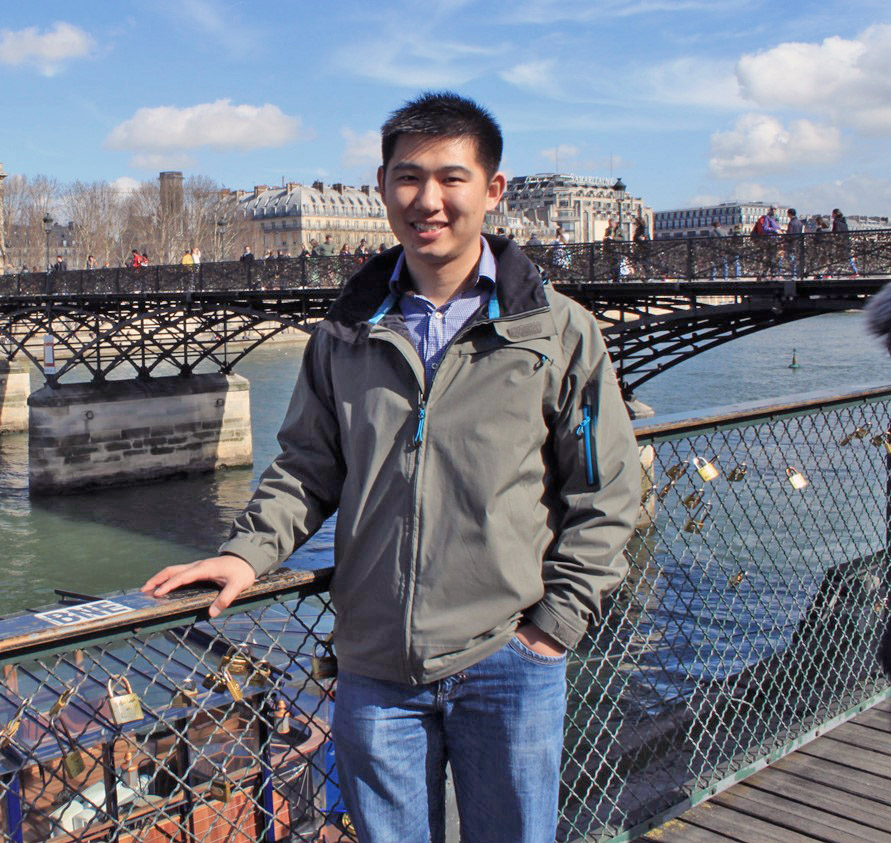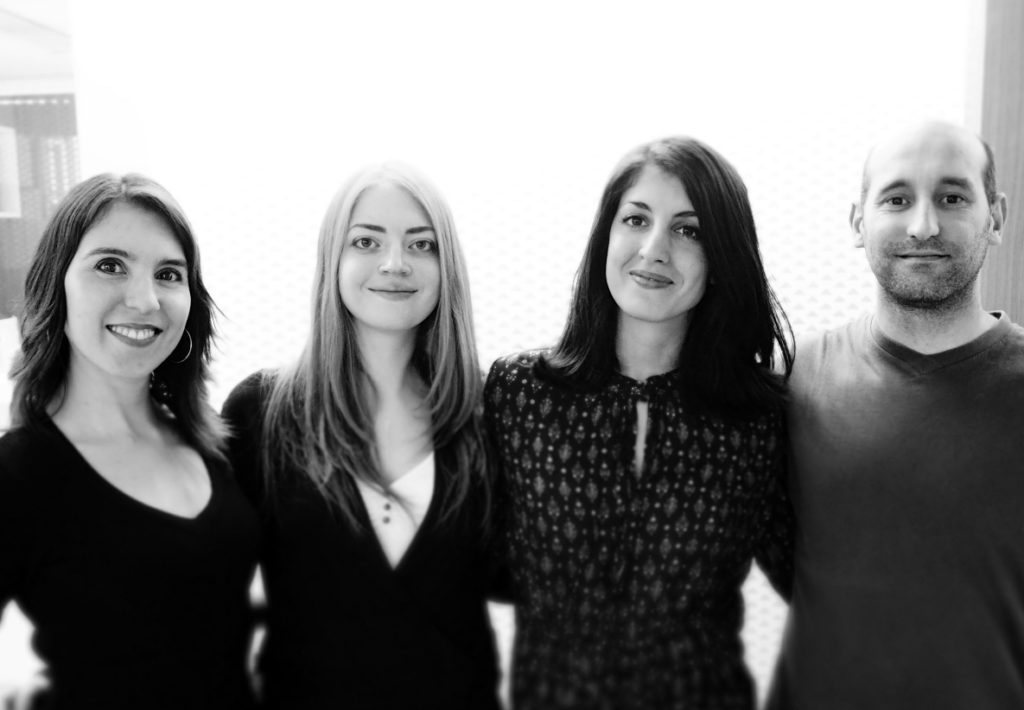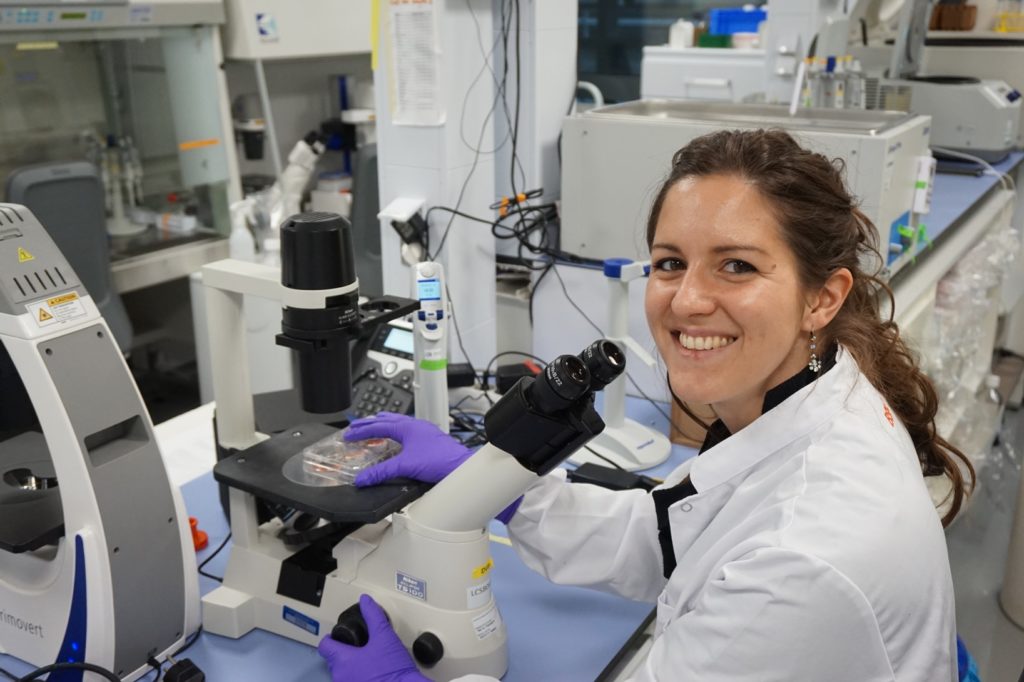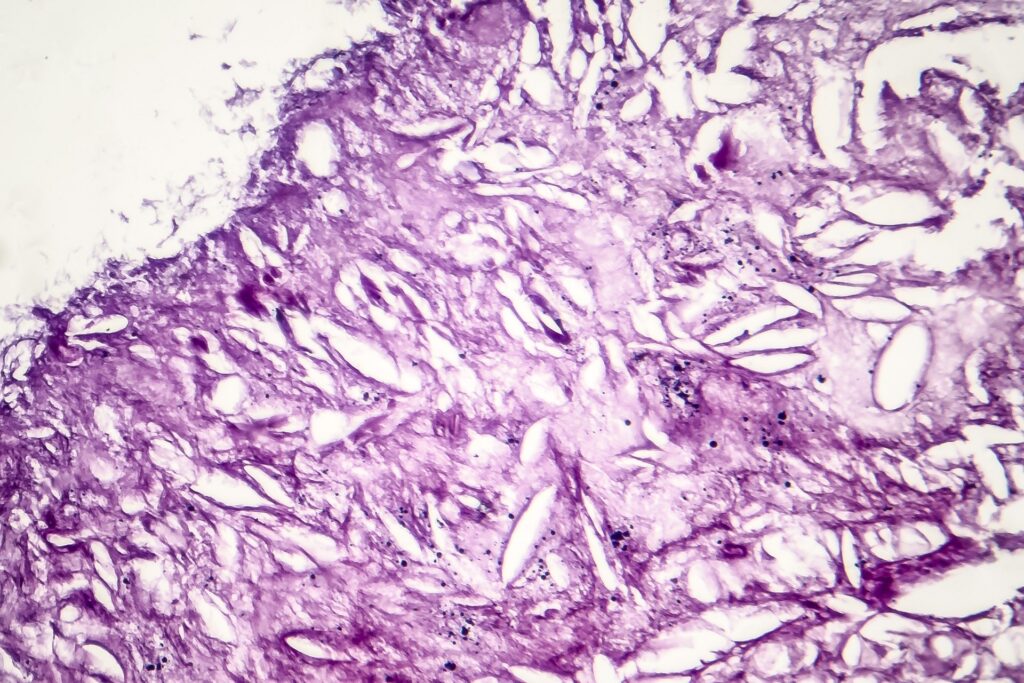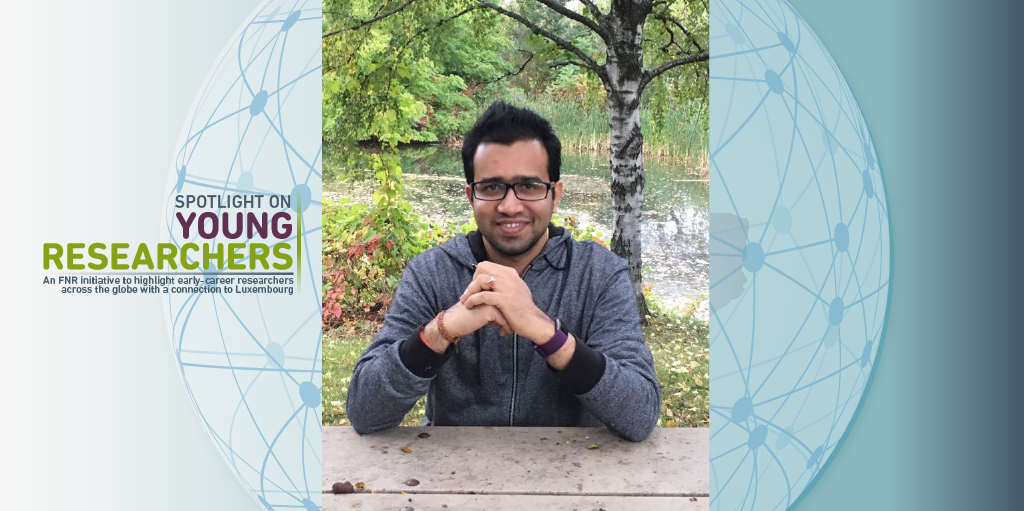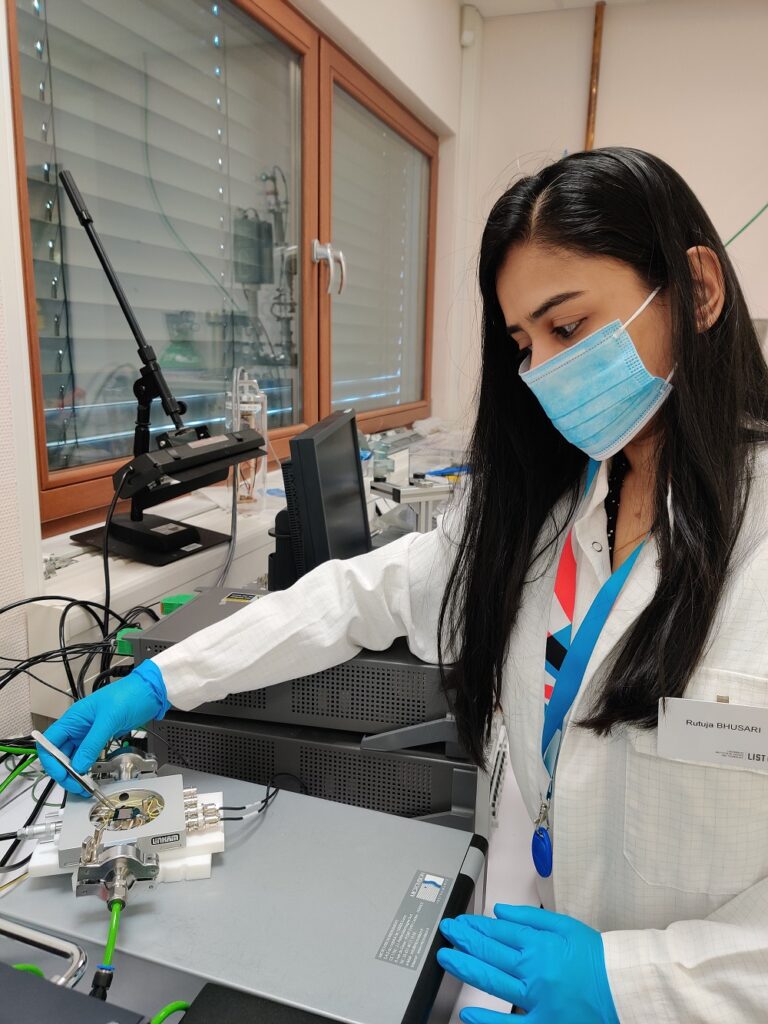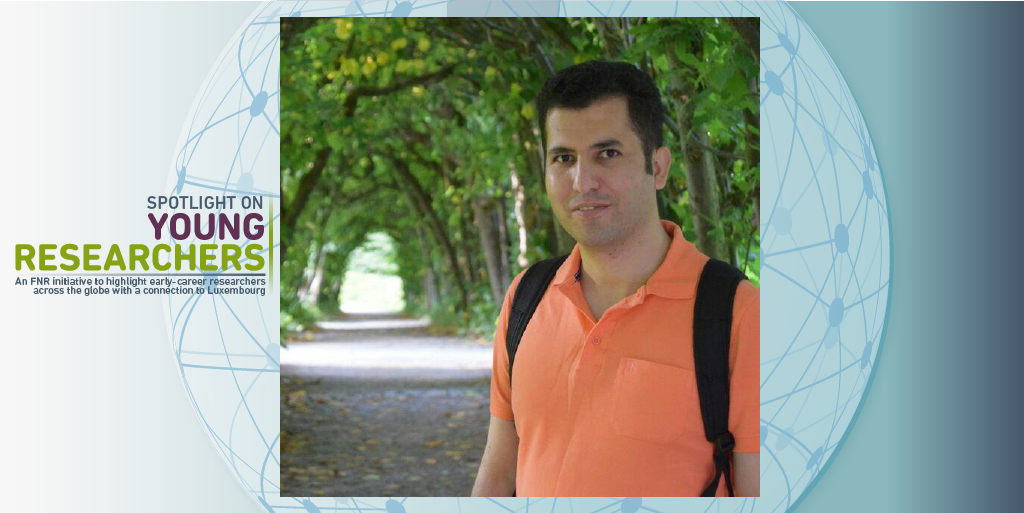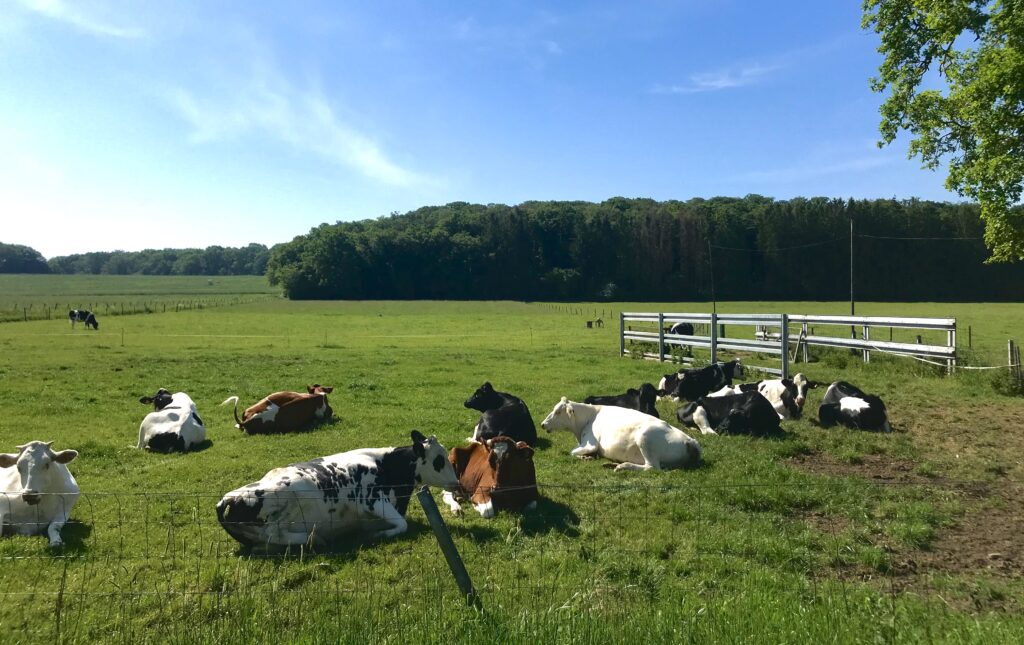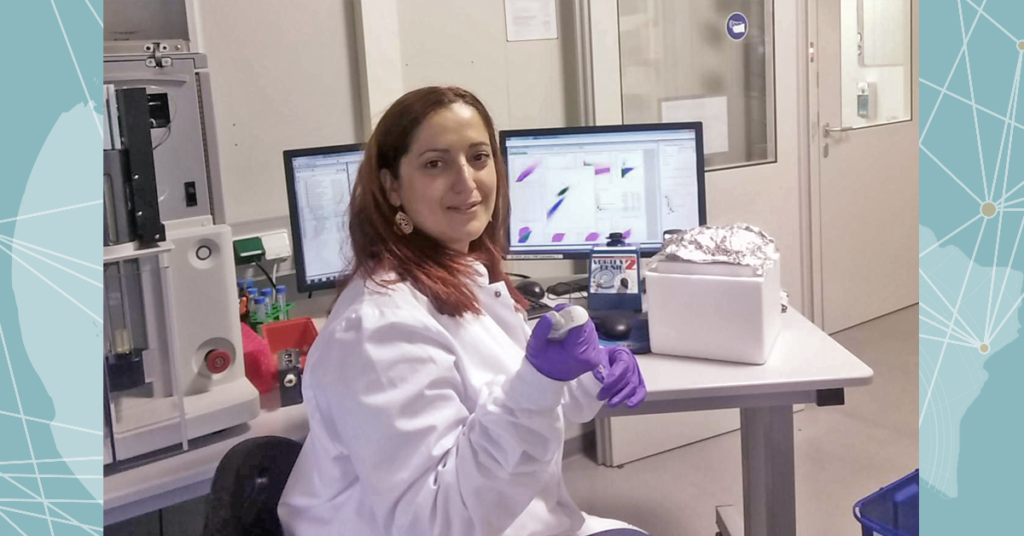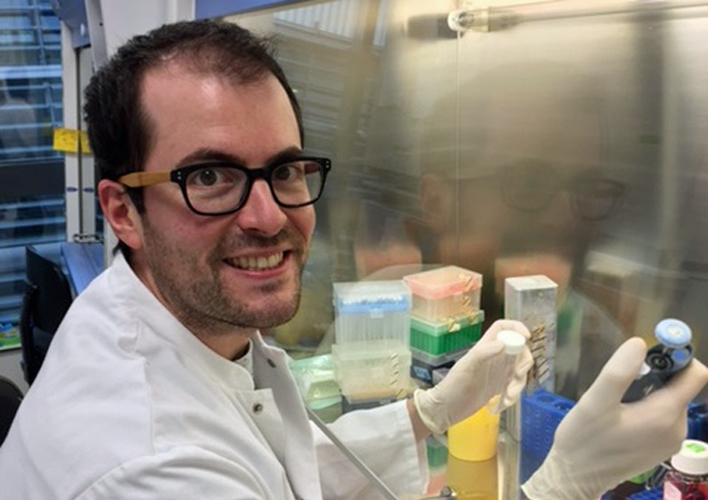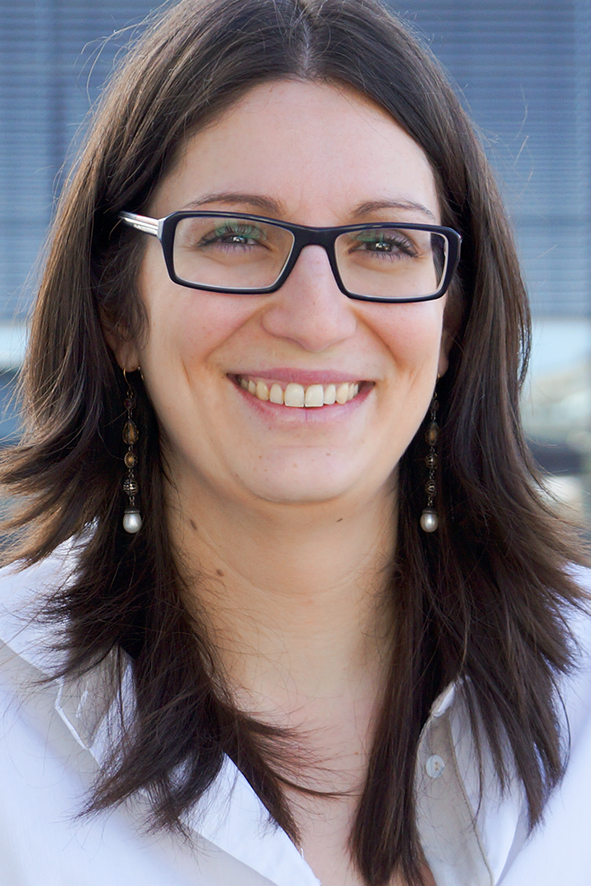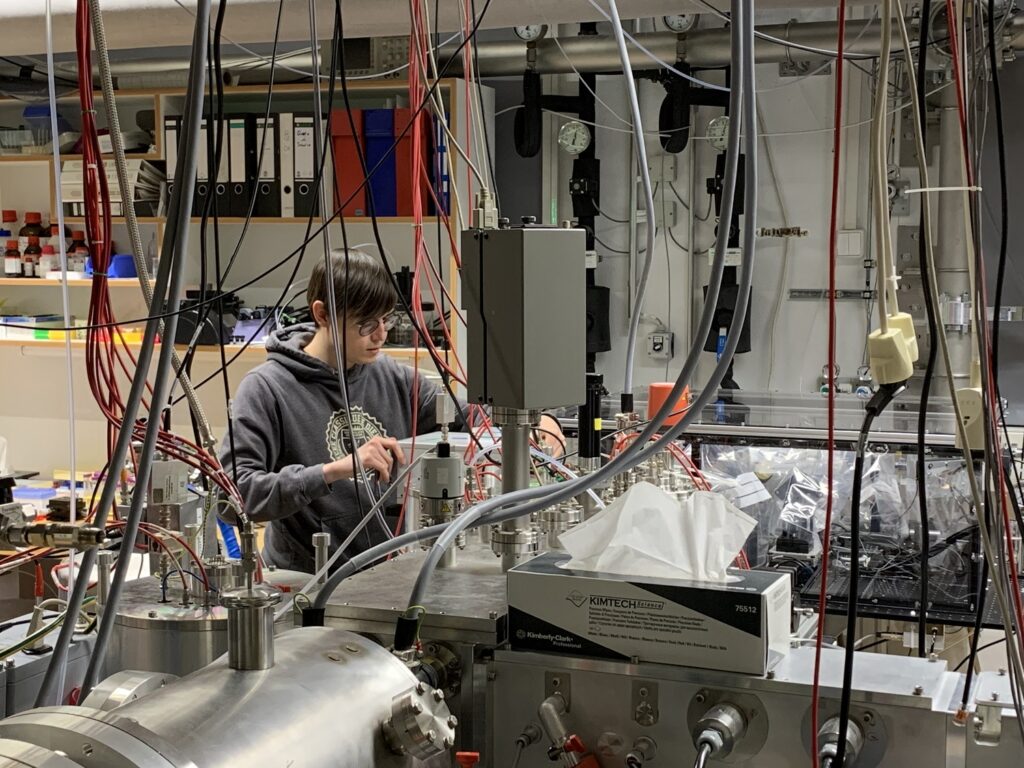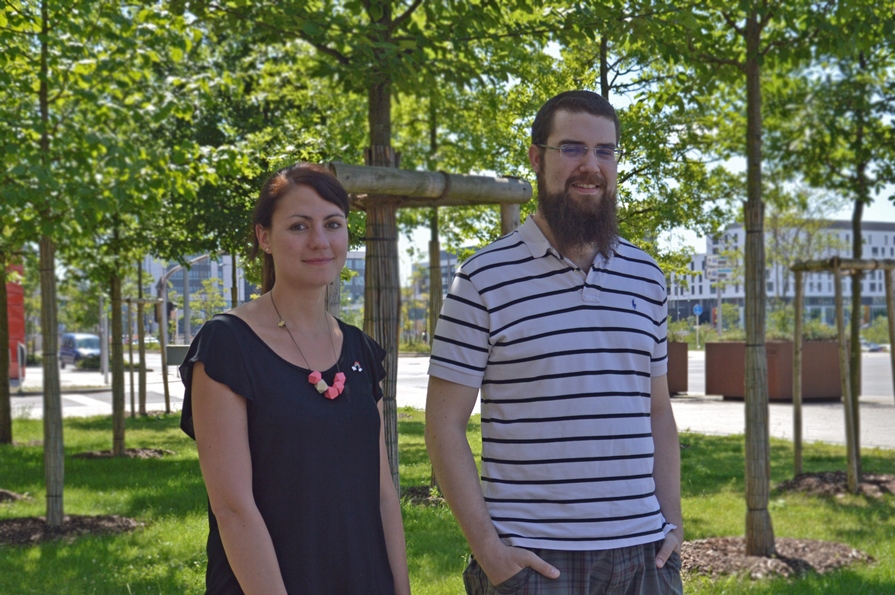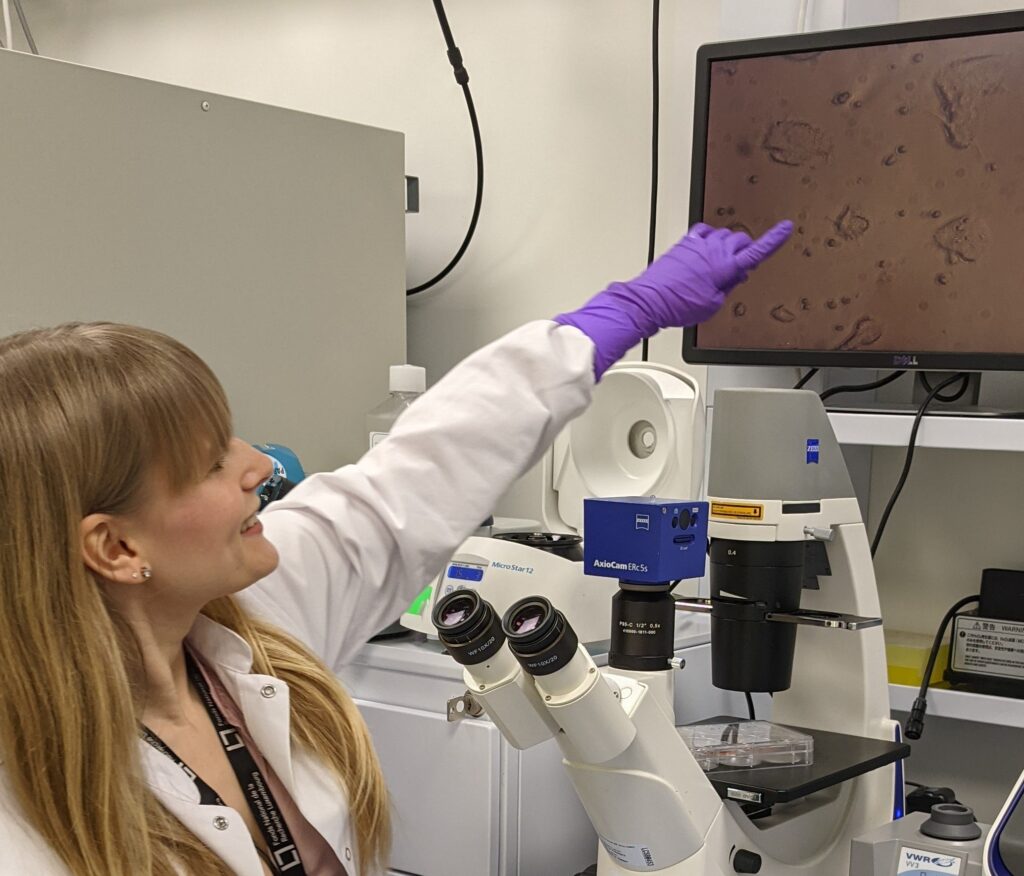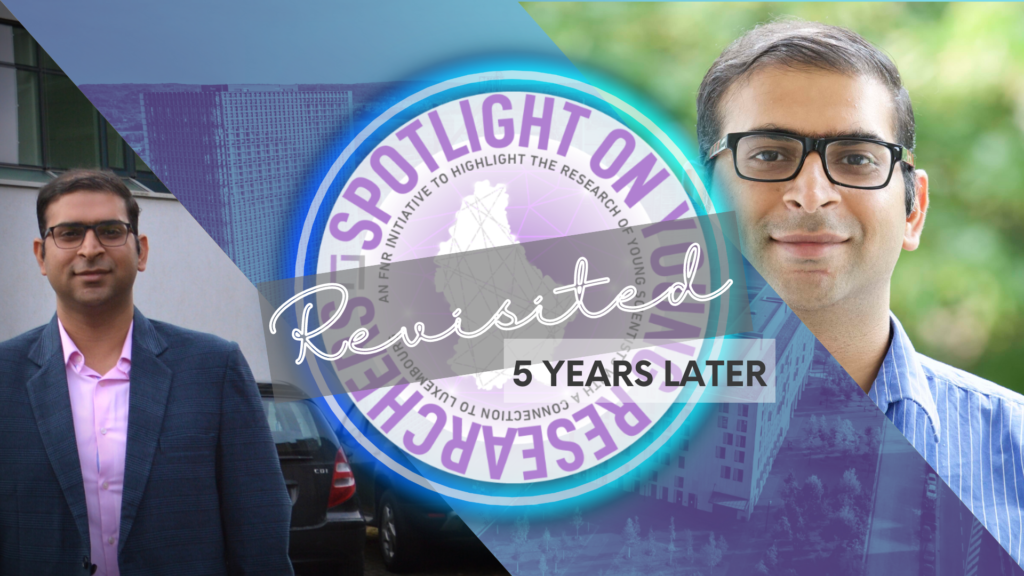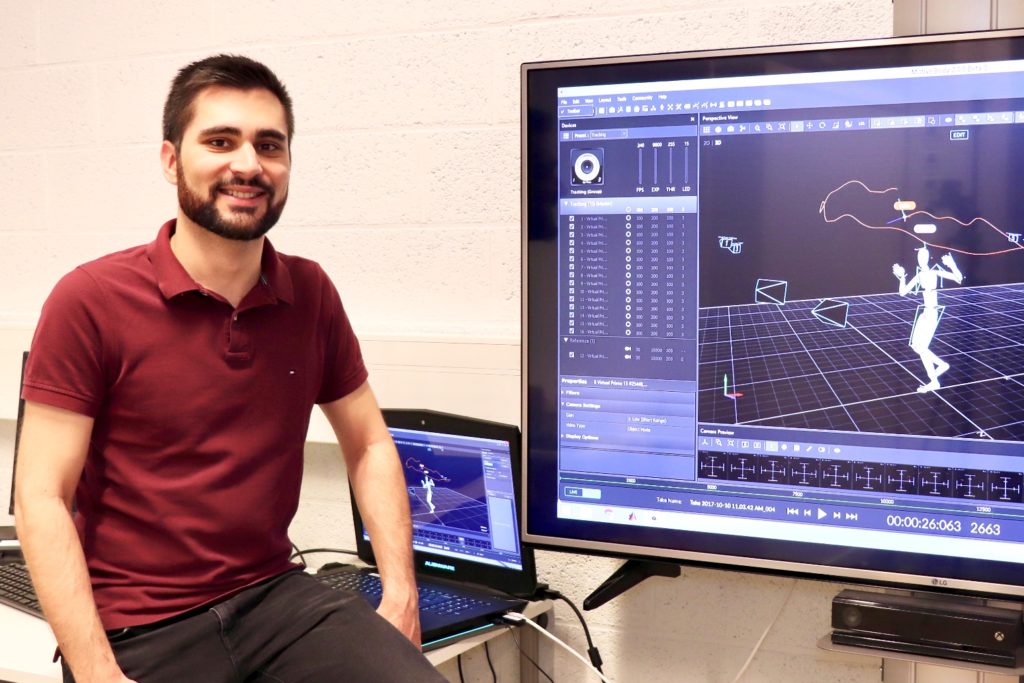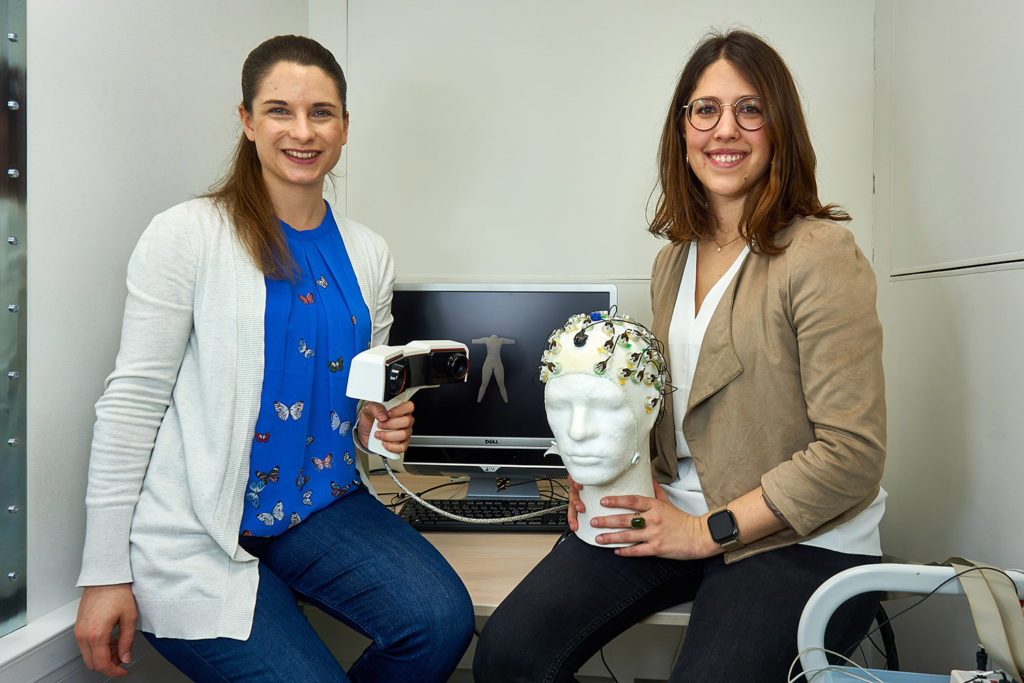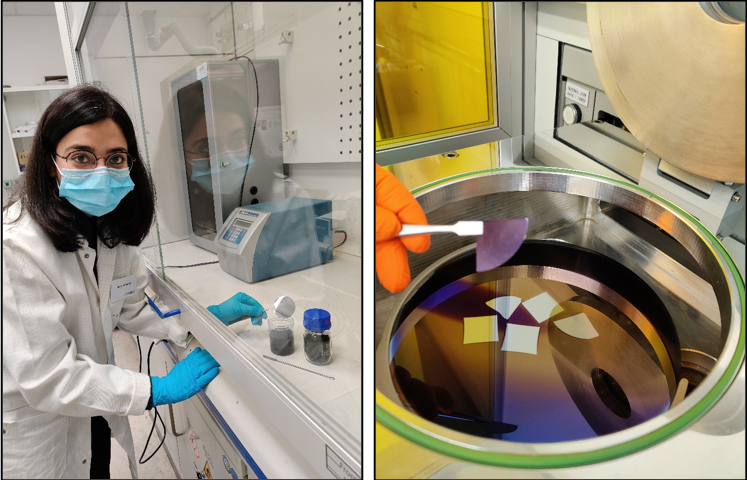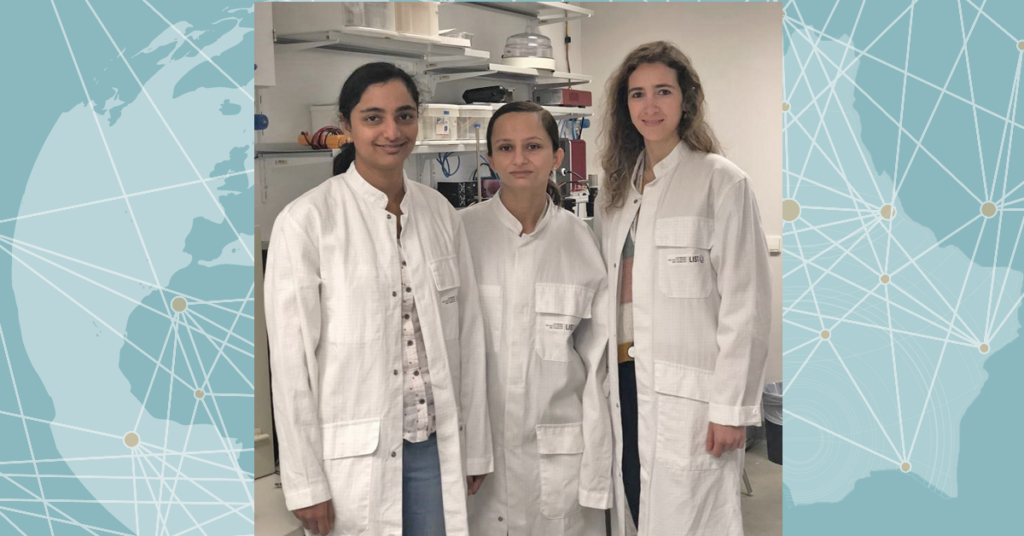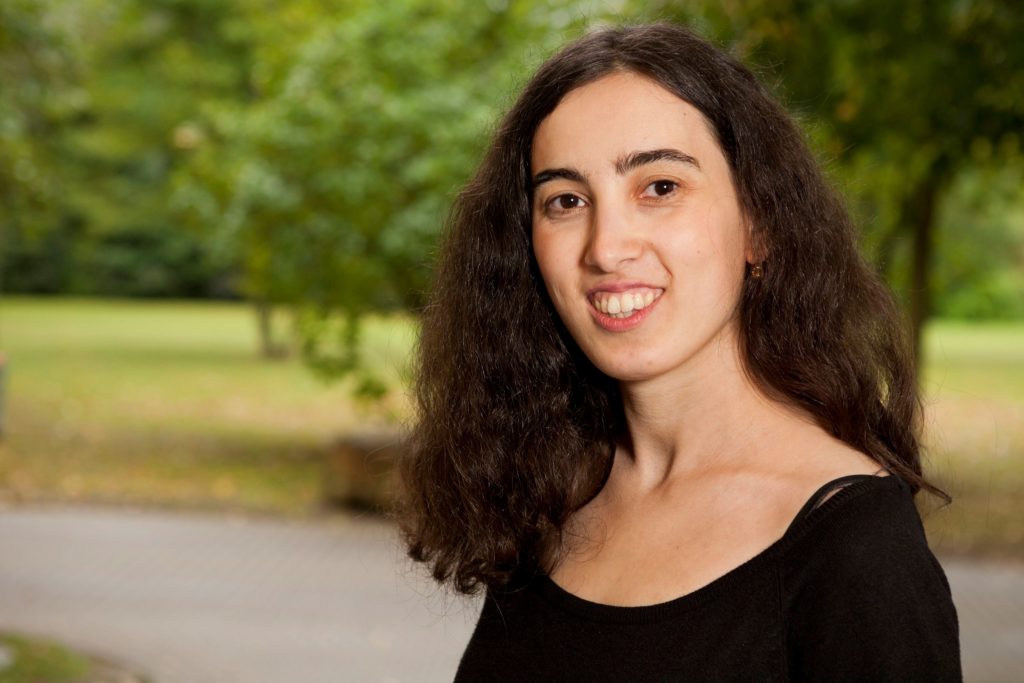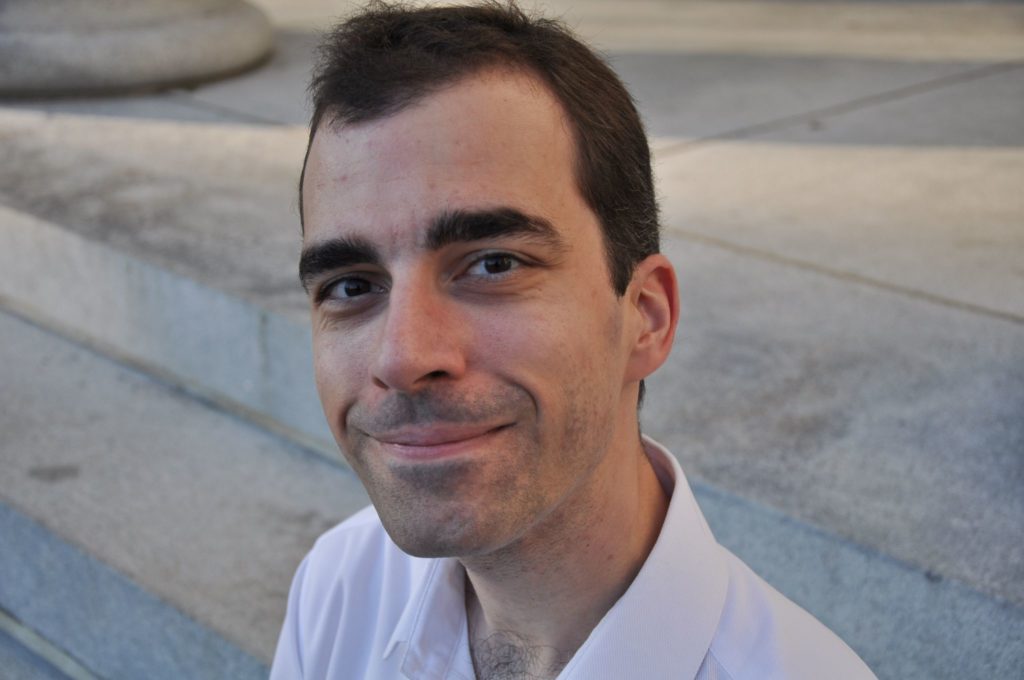Gil Georges is driven by the quest for knowledge and strives to have a real impact, beyond publications. The Luxembourg national has just made the jump from early-career researcher to lecturer and group leader at the IET-LAV at ETH Zürich in Switzerland, where the data analyst and modeller gets to use one of Europe’s most powerful super computers when it is time for some serious number crunching.
“The exciting part is that my work is highly interdisciplinary,” says Gil Georges, whose research is part of Switzerland’s action plan for coordinated energy research. He explains that he on the modeller side of his work gets to work on anything from mobility demand to vehicle technology and energy provision, which brings with it extremely large datasets – hence Gil gets to use the famous super computer when real datasets of vast proportions have be to analysed.
“On the other hand”, Gil adds “we participate in – and most of the time lead – many collaborative research projects. Therefore, I get to interact with many people, from researchers in other disciplines, over administrations to get data to decision makers in industry and administration to identify interesting research questions.”
Taking into account what effect charging one electric car has on energy demand
So what exactly does Gil and his group work on? Gil explains:
“I work on how alternative propulsion technology creates an additional energy demand from mobility, how this changes when and where we consume energy, and how to cover this with increasing shares of fluctuating renewable production.”
The primary focus of the work is Switzerland – Gil’s work is funded entirely by the Swiss Government’s Competence Center for Energy Research in Mobility. Gil explains that the country’s large hydro and nuclear capacities give it one of the least CO2-intense production mixes of Europe but that it is yet an open system electrically due to its grid connectivity to its neighbouring countries.
“If we add one charging electric vehicle on top of the already existing demand from buildings, industry, etc.,” Gil says, adding “then this electricity is not necessarily generated in Switzerland; it can come from anywhere on the European continent — worst case from a coal or oil powerplant.”
“It thus matters when a vehicle charges, and how the Swiss energy system evolves as a whole. Now there is a whole bunch of options to address this situation, ranging from influencing the demand for mobility, over ‘smart charging’, to complex storage systems like ‘power to gas’. We develop tools and use them to explore the feasibility and ramifications of the different options under different scenarios.”
Hoping for a fact-based emissions debate
Gil points out that if Luxembourg does go ahead with pushing for electric mobility, his research would also become highly relevant to the Grand Duchy “in particular because Luxembourg currently only produces about 1-2 TWh of its roughly 8 TWh electricity consumption; that means that the added electricity demand from mobility is likely to be imported.”
In terms of what he hopes to achieve with his work as a researcher, Gil explains that he hopes his work will have a real-life impact, for example on emissions:
“I do not mean publications — although I would not mind them either. I mean the public discourse. If I can contribute to the debate becoming just a little more fact-based, perhaps change a few minds or even bring about some minimal course correction that actually reduces CO2 emissions, then I guess it will have been worth it.”
About Spotlight on Young Researchers
Spotlight on Young Researchers is an FNR initiative to highlight early career researchers across the world who have a connection to Luxembourg. This article is the 19th in a series of around 25 articles, which will be published on a weekly basis. You can see more articles below as and when they are published.



